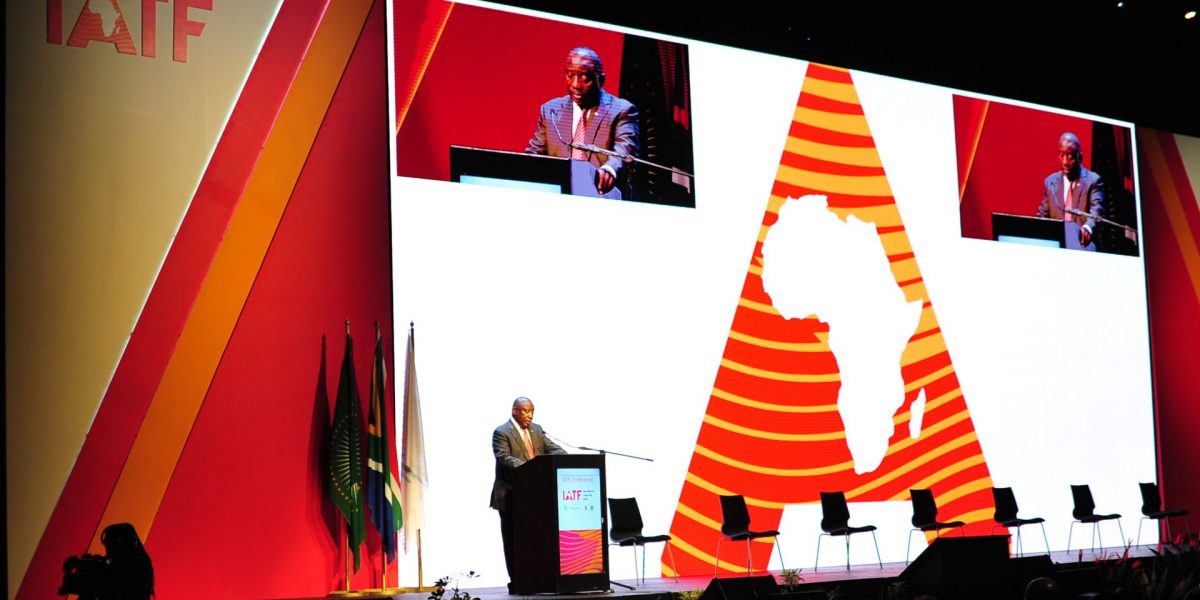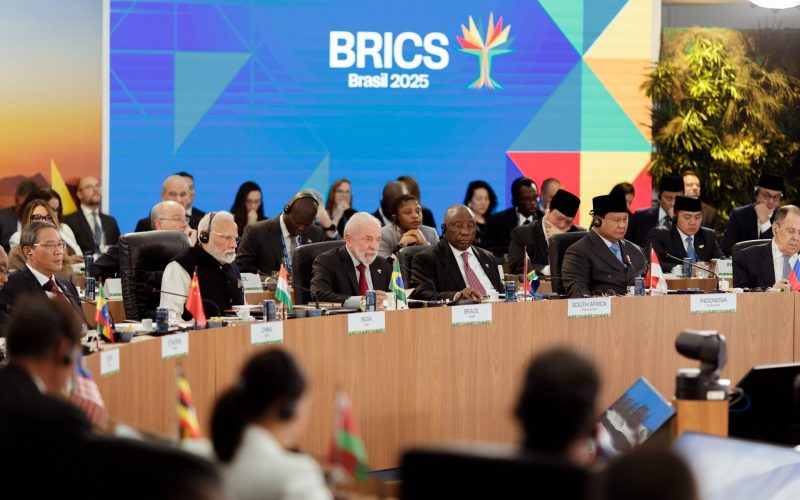Summary:
- Increased intra-African trade and the development of regional value chains will build the overall resilience of African economies to external shocks.
- The Guided Trade Initiative (GTI), as the pilot phase of the African Continental Free Trade Area (AfCFTA), showcases both the political will and the enabling conditions required to bring the agreement into full operation.
- The involvement of large economies such as Nigeria and South Africa has reinforced the GTI’s role as a strategic tool for sustained interest and engagement in the AfCFTA.
- The GTI also serves as a valuable launchpad and reference point, offering key lessons on the gaps that must be addressed to strengthen intra-African trade under the AfCFTA.
- Countries’ experiences under the GTI have so far demonstrated that tariff liberalisation is only one step in the right direction. For African economies to fully leverage the opportunities presented by the AfCFTA, structural transformation is vital.
- In order to ensure that the AfCFTA delivers, African policymakers must prioritise building productive capacity, trade facilitation and institutional alignment.








